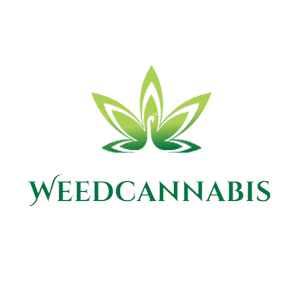Although edibles may contain cannabinoids like cannabidiol (CBD) and tetrahydrocannabinol (THC) derived from marijuana, they often have higher levels of THC. THC can induce various effects, including fatigue, relaxation, euphoria, increased appetite, and in some cases, anxiety.
Specifically, edibles can be made with:
- marijuana – the buds, stems or leaves of the cannabis plant,
- hashish – the resin of the cannabis plant, or
- infused with marijuana or hash oils.
Different kinds of edibles
Edibles serve as a popular alternative to smoking or vaporizing marijuana. They come in various forms, including:
- brownies
- candies, including animal or fruit-shaped gummies
- chocolates
- beverages, such as cannabis tea, soda and flavoured water
- cookies
- suckers
- butter
Are edibles legal to sell?
Absolutely, in Canada, edible cannabis products are now legally available for sale and purchase through licensed retailers and provincial online sellers. Additionally, two other classes of cannabis products, extracts (also known as concentrates) and topicals, can also be legally sold.
Topicals
Topicals encompass cannabis extracts that are formulated with substances like alcohol, oil, or wax and are intended for application to the skin, hair, or nails. Examples include ointments, oils, and salves.
Extracts
Extracts typically consist of concentrated THC and CBD liquid extracts derived from the cannabis flower, such as hash oil. These extracts can be consumed orally or through inhalation. Vape pens, commonly used to inhale extracts, are also legally available for sale.
The recent Health Canada regulations concerning edibles, extracts, and topicals incorporate stringent packaging and labeling mandates, along with limitations on the permissible quantity of THC they can contain.
Consuming edibles at home
In Canada, individuals who have reached the age of 18 or 19 (depending on the province) and 21 in Quebec, as of January 1, 2020, are legally permitted to prepare edibles at home by incorporating cannabis into food or beverages. However, it’s important to note that homemade edibles cannot be sold and should not be shared with individuals under the legal age for cannabis consumption in that province.
Provincial regulations on edibles
While cannabis edibles are legal at the federal level, the rules governing their sale and public consumption are regulated by provincial and territorial governments.
How much THC is in edibles?
There is a legal limit of 10 milligrams on the amount of THC, the primary psychoactive component in marijuana, allowed in a package of edible cannabis. However, the THC content in homemade edibles can fluctuate significantly, posing challenges in regulating THC consumption. Consequently, users may encounter unexpectedly potent and enduring effects from edibles, potentially leading to unanticipated experiences.




















